
If you are lucky enough to have a major celestial event, like a solar eclipse, occur close to home, you’ll want to take advantage of the special event. However, you’ll want to stay safe, as well. The greatest danger during a solar eclipse is damage to your eyes. In this article, we’ll look at how to prevent solar eclipse eye damage.
Our Obsession With The Stars
Image via Pexels
Ever since the beginning of time, since the first humans walked on earth, we have looked up to the sky and wondered about what’s beyond our planet. We learned to track and follow the stars. We gave names to the constellations, and we learned how to navigate the globe using the stars as our guide.
For many thousands of years, however, we really didn’t know what they were. We didn’t understand that our sun was really just a much, much closer star. However, that didn’t stop us from recording everything we saw in the heavens. From early cave paintings to complex, written records of star patterns and celestial events, our history of obsession with the sky is well-documented.
Throughout history, we have used the stars and planets to navigate. The Polynesian people of the South Pacific have used Way-finding, which is a method of using the stars to negotiate the open ocean waters, for thousands of years. The early explorers colonized the globe by using the stars to navigate to and from new lands.
We have also historically used anomalies in the celestial realm, such as comets, meteor showers, changes in our moon, and eclipses to mark the passage of time. One of the anomalies in the heavens that we have been especially fascinated with is the eclipse. An eclipse can occur in both the moon and the sun. When the moon, in its normal cycle, passes into the shadow cast by earth, it is called a lunar eclipse.
What Is A Solar Eclipse?
Image via Pixabay
A solar eclipse is a celestial event that occurs when the moon passes between the earth and the sun. A portion of the earth’s surface will be cast into darkness as though it is night. That swath makes up a small portion of the people affected by the eclipse. A larger number of people will experience lesser degrees of darkness the further they are from the path of totality.
“Totality” or the “path of totality” is the swath of square miles across the surface of the earth where the moon completely blocks out the light from the sun, turning day into night for a few minutes. Solar eclipse eye damage is most prevalent in the areas of totality.
How Long Does A Solar Eclipse Last?
The entire process of the moon covering the sun can take over 4 hours. However, the duration of totality is usually about 2 minutes. This time can vary depending on where the eclipse is occurring.
How Often Do Solar Eclipses Occur?
There are generally about 2 to 4 solar eclipses in a given year. However, they only cover a very small sliver of the earth, so your chances of seeing one are not very high. Any one location on earth may see a solar eclipse once every hundred years. Sometimes, by sheer coincidence, one location will see two solar eclipses only a few years apart.
Image via Pixabay
One example is Carbondale, Illinois, where a total eclipse occurred on August 21, 2017 and another will occur on April 8, 2024. The maximum number of solar eclipses that can happen in one year is 5.
What Happens During An Eclipse?
In the path of totality, where the moon completely covers the sun, you will experience a slow loss of sunlight over a period of about 2 hours. It will also get cooler as you lose light, much like a normal sunset. Totality will last about 2 minutes when it finally happens. During this time, you will lose all sunlight in the immediate area, like twilight.
The stars will come out and insects will chirp as though it’s evening. The temperature will drop. One of the most amazing things about a total eclipse is that you will experience a 360-degree sunset. Whereas the last light of sunset is seen in the western sky on a normal day, during an eclipse you will see a “sunset” all the way around you.
During this time, you can see the corona of the sun around the edges of the moon that is covering it. It’s often described as a “diamond ring” because that’s what it resembles. After totality, the light returns quickly and you will experience a sudden temperature increase. This is the time to be most concerned about solar eclipse eye damage.
Will A Solar Eclipse Cause Eye Damage?
Image via Pixabay
Viewing a solar eclipse without eye protection can cause permanent damage to your eyes. Staring at an eclipse is the same as staring at the sun for several minutes. The reduced amount of light from the eclipse does not make it safe to stare at the sun. Looking directly at a solar eclipse can cause “eclipse blindness.”
You can also end up with retinal burns, which destroy the cells in your retina. You will not feel pain while this damage is occurring, so you may be damaging your eyes and not realize it. It may also take a few days before you realize that damage has been done. Solar eclipse eye damage may be temporary, or it may be permanent.
Symptoms Of Retinal Damage
- Loss of central vision
- Distorted vision
- Altered color vision
It is important to remember that there is no safe way to view an eclipse with your naked eye. Even very dark sunglasses are not enough to protect your eyes. Below, we’ll look at ways you can view the eclipse while preventing solar eclipse eye damage.
How To Protect Yourself From Solar Eclipse Eye Damage
Image via Pixabay
There are several ways to view a solar eclipse without damaging your eyes. Some involve filters or lenses, while others involve second-hand viewing. Whatever method you choose, make sure you are prepared with all the equipment that you need before it’s time to view an eclipse. Here are some ways to prevent solar eclipse eye damage.
Eclipse Glasses
These glasses can be sturdy, like sunglasses, or they can be made of cardboard. The construction is not as important as the type of lense. To ensure total eye protection, your eclipse glasses must have an ISO rating of 12312-2. This is the standard for solar viewing.
Solar Filters
Solar filters that are not in the form of glasses can be purchased with the ISO 12312-2 rating.
Filtered Telescope
Image via Pixabay
If you’d like to spend a bit more on your eclipse-viewing experience, you can purchase a telescope with a special filter and prevent solar eclipse eye damage.
Pinhole Viewer
You can create a pinhole viewer by cutting a small hole in a piece of paper. Hold the paper so that the sun projects an image through the hole onto another piece of paper, or onto the ground, about 3 feet away. You will be able to see the image of the moon moving across the sun without damaging your eyes.
Welder’s Glass
Number 14 welder’s glass provides adequate protection from the sun and can be purchased at a welding supply store. Make sure it is free from defects before use.
Rely On Someone Else
During a major event like a solar eclipse, a lot of astronomy clubs and other scientific organizations will document the event. These organizations will have high-powered telescopes and cameras specifically set up to photograph an eclipse. One of the best ways to enjoy a total solar eclipse is to simply enjoy it.
Image via Pixabay
Allow yourself to experience what the eclipse does to the world around you, and then check out some high-definition, professional photos of the sun later. During a total solar eclipse, the environment around you is far more impressive than trying to see what’s happening to the sun. Take a glance during totality, but otherwise, leave it to the pros.
If you are planning a trip to view an eclipse, make sure to follow these additional safety suggestions:
- Do not stop in the roadway to view an eclipse
- Do not park on the shoulder of the road
- Watch out for pedestrians
- Prepare for extra traffic on highways in the area of totality
- Wear sunscreen
Conclusion
Image via Pixabay
Viewing a total solar eclipse can be one of the most memorable things you will ever do in your life. Since the path of totality during an eclipse is so narrow, you will most likely have to take a trip to witness totality. It will be well worth it to see one of the most incredible celestial events we can witness from earth, but you want to make sure you protect your eyes during the event.
Plan ahead so that you can be sure to get everything you need. Eclipse glasses are great, but they tend to sell out a few weeks before an eclipse over a very populated area. If you don’t have access to glasses, make sure you either use a welder’s glass, make a pinhole viewer, or let someone else snap some photos for you.
The experience itself will be memorable, even without staring at the sun. You don’t have to risk solar eclipse eye damage to experience one of the most beautiful events in the sky. Simply find a spot, preferably out in nature, and marvel in the experience of total darkness in the middle of the day.
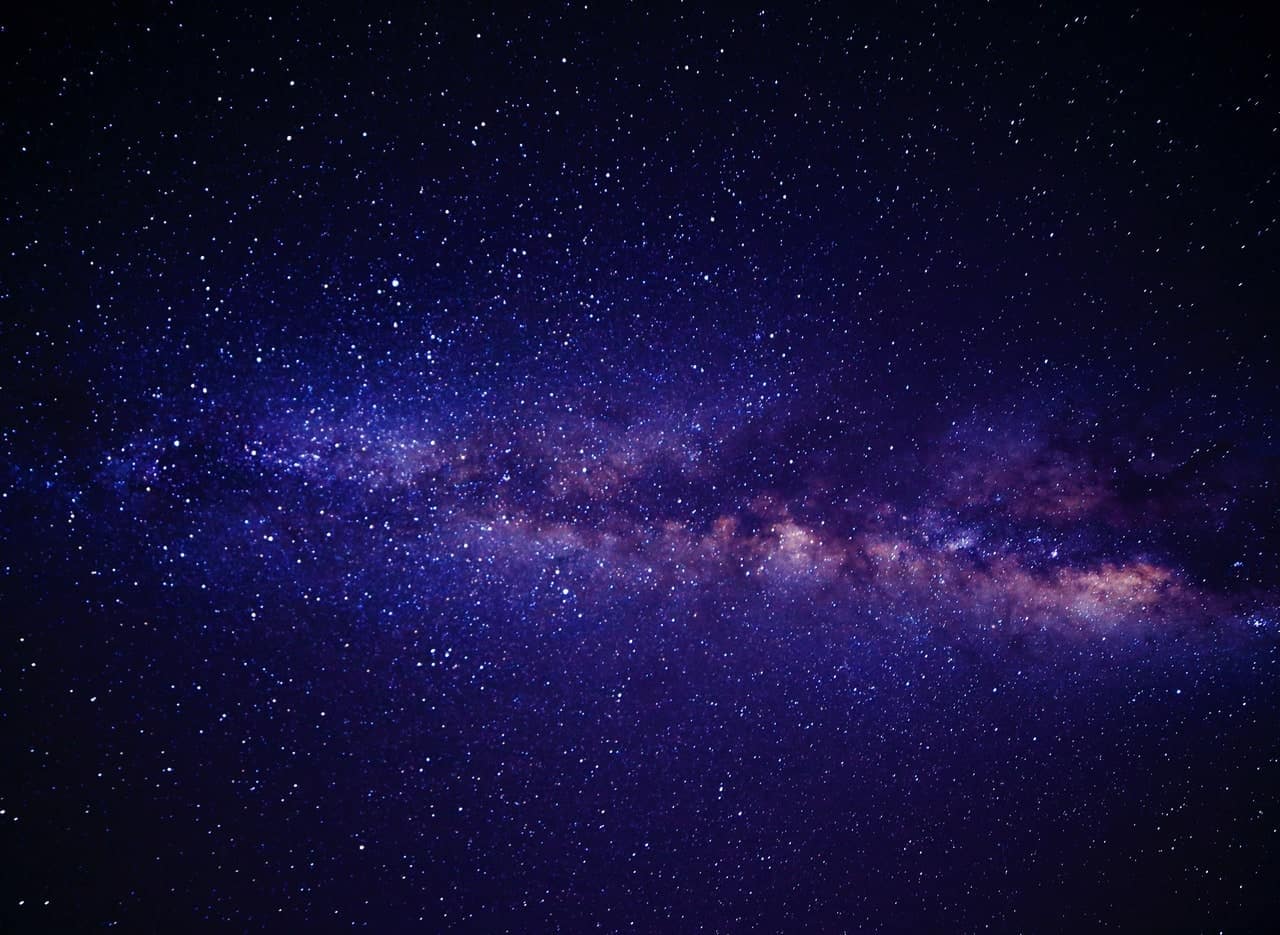
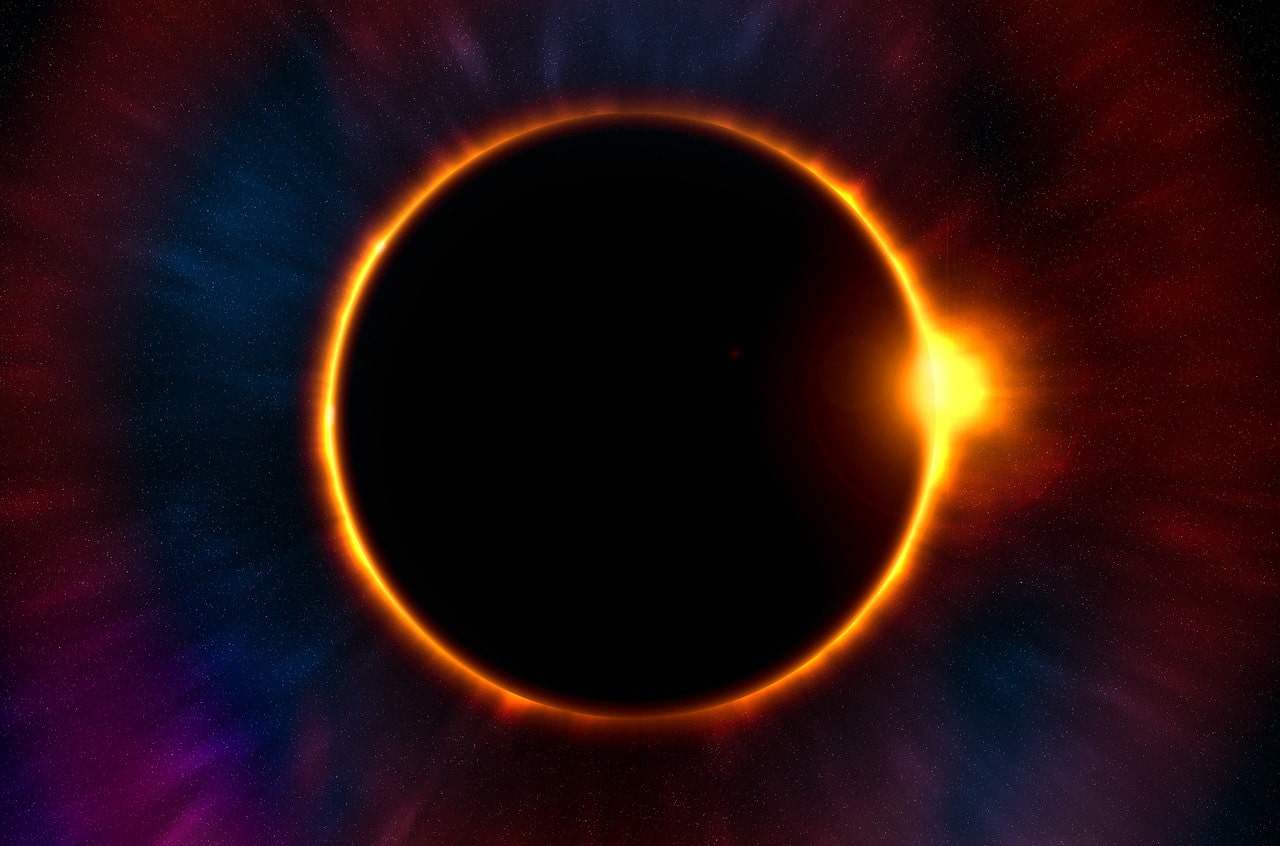
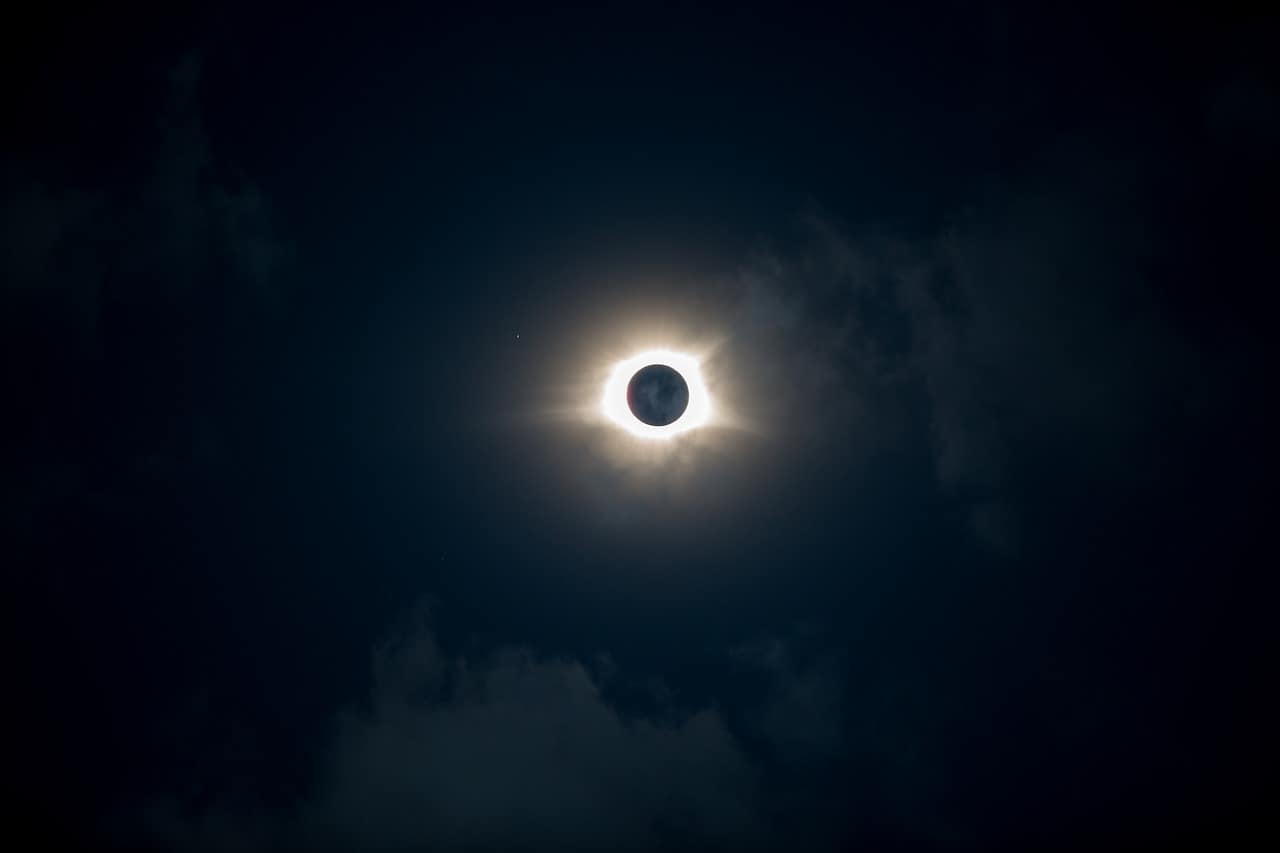
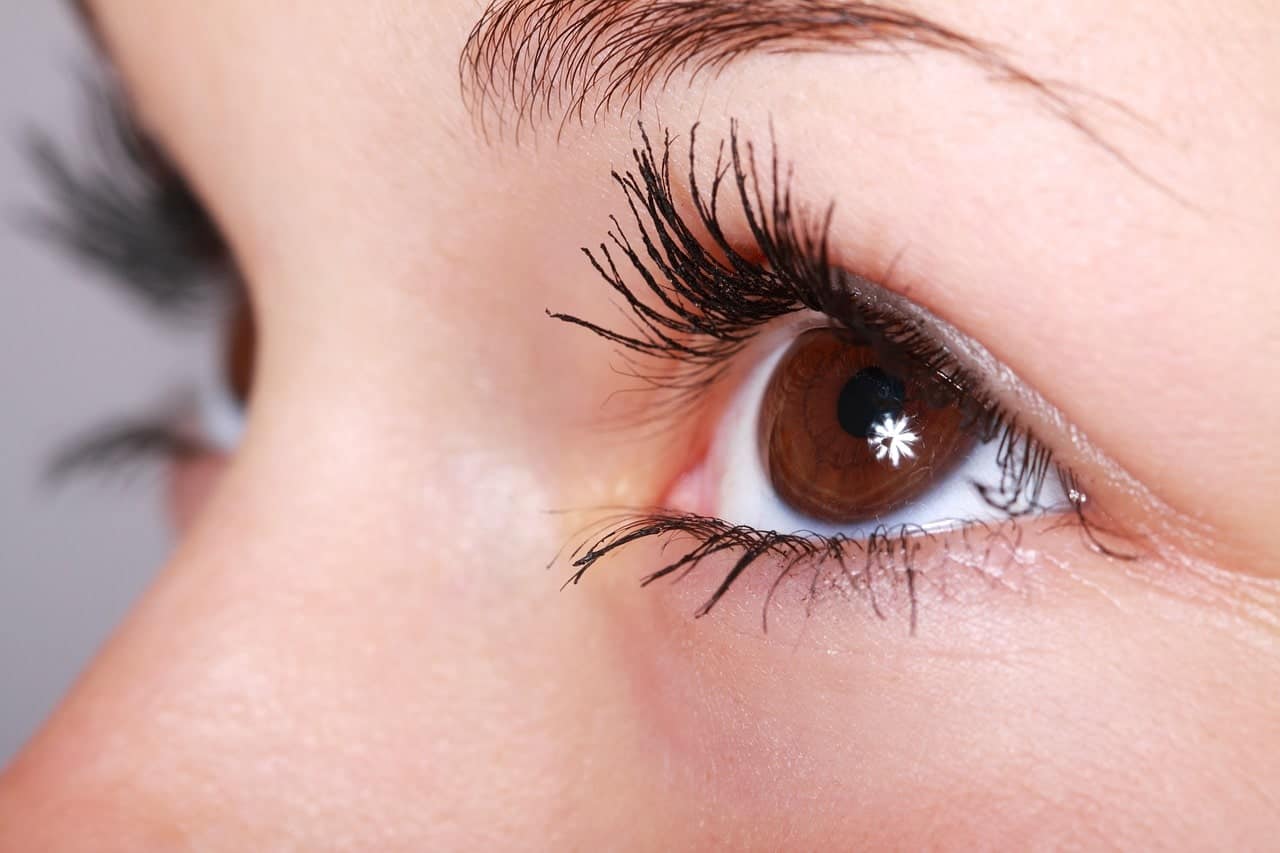
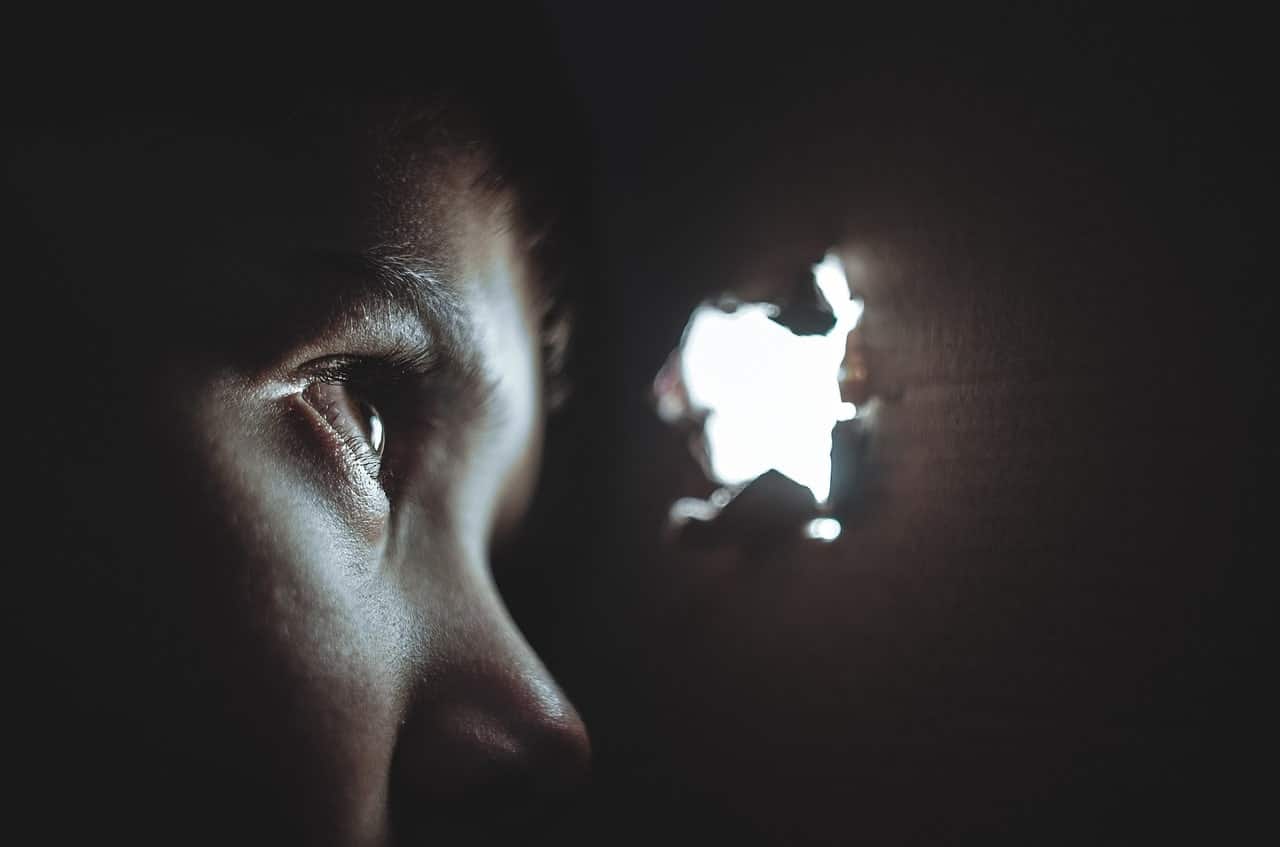
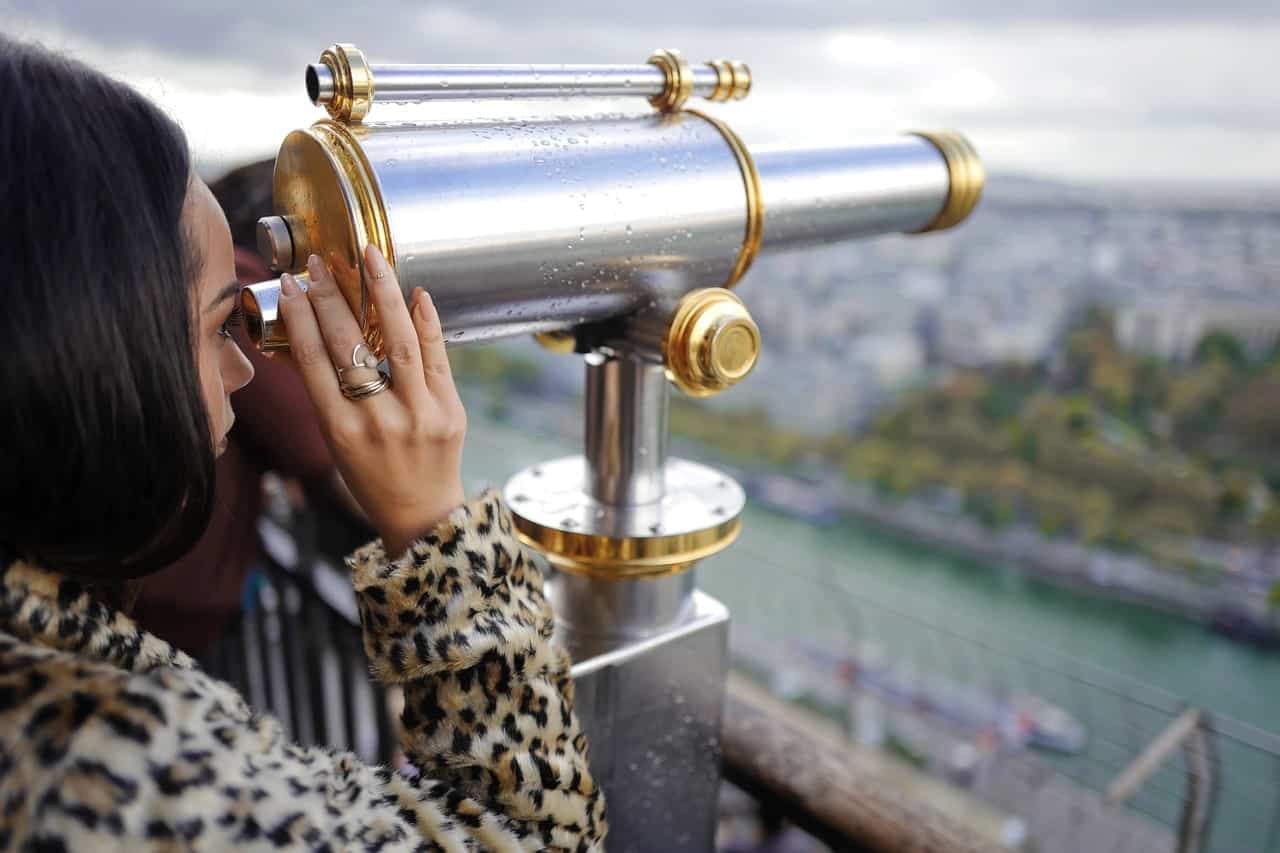
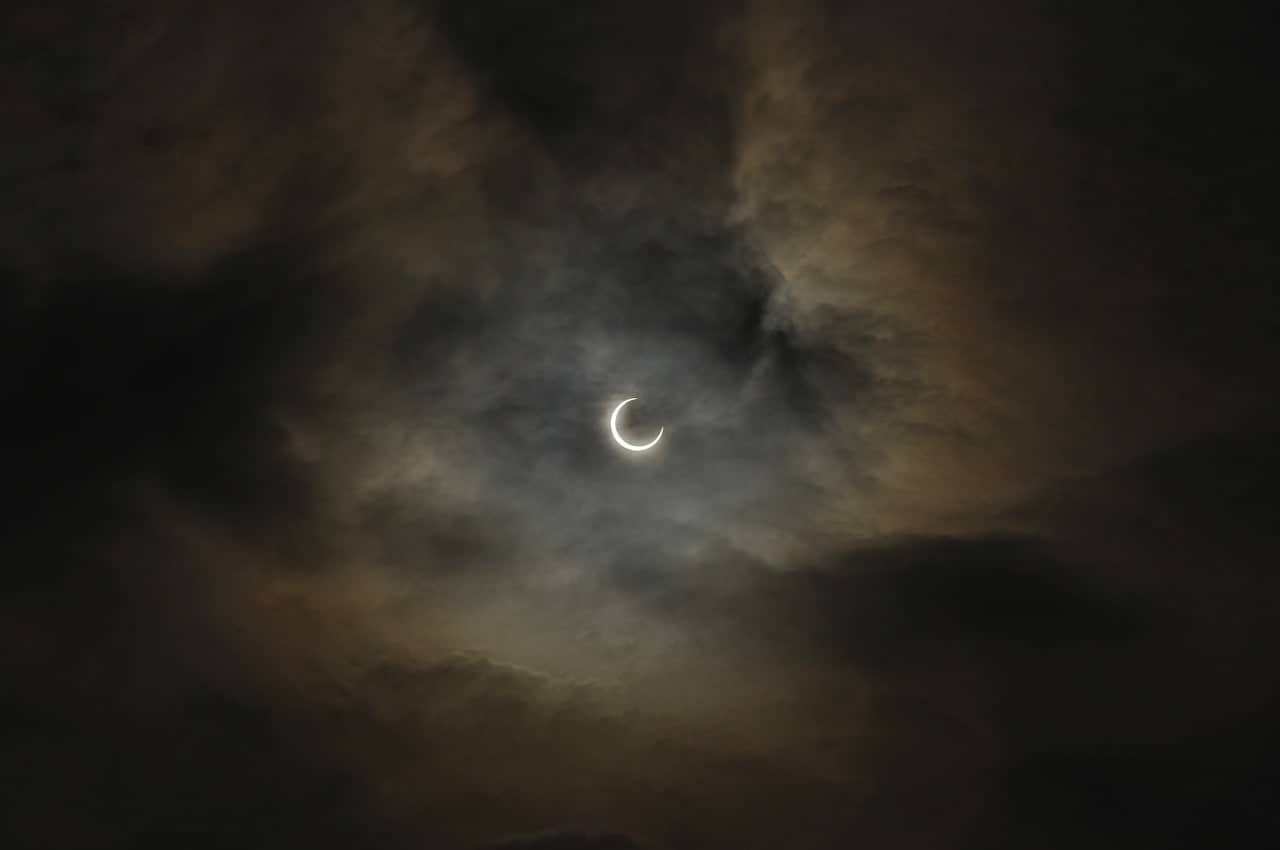
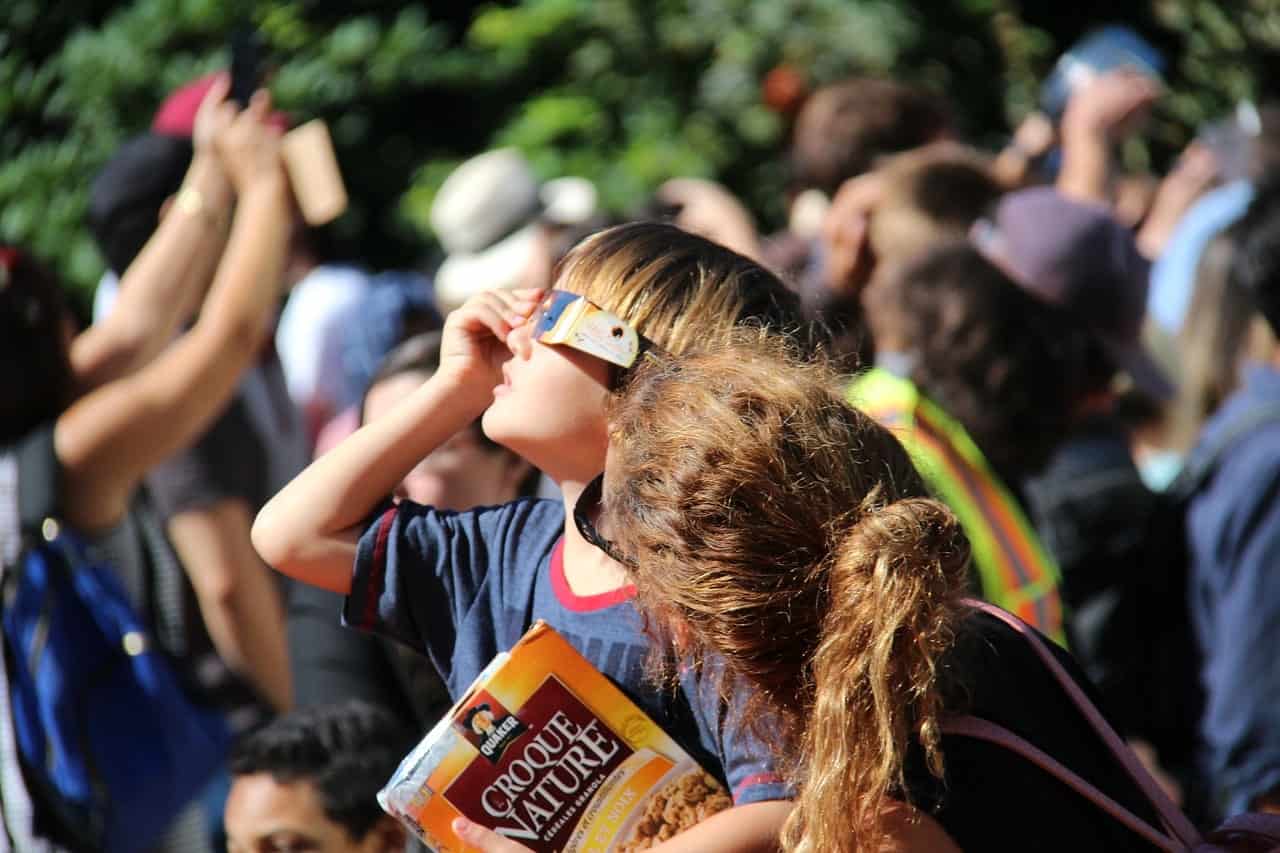
Leave a Reply